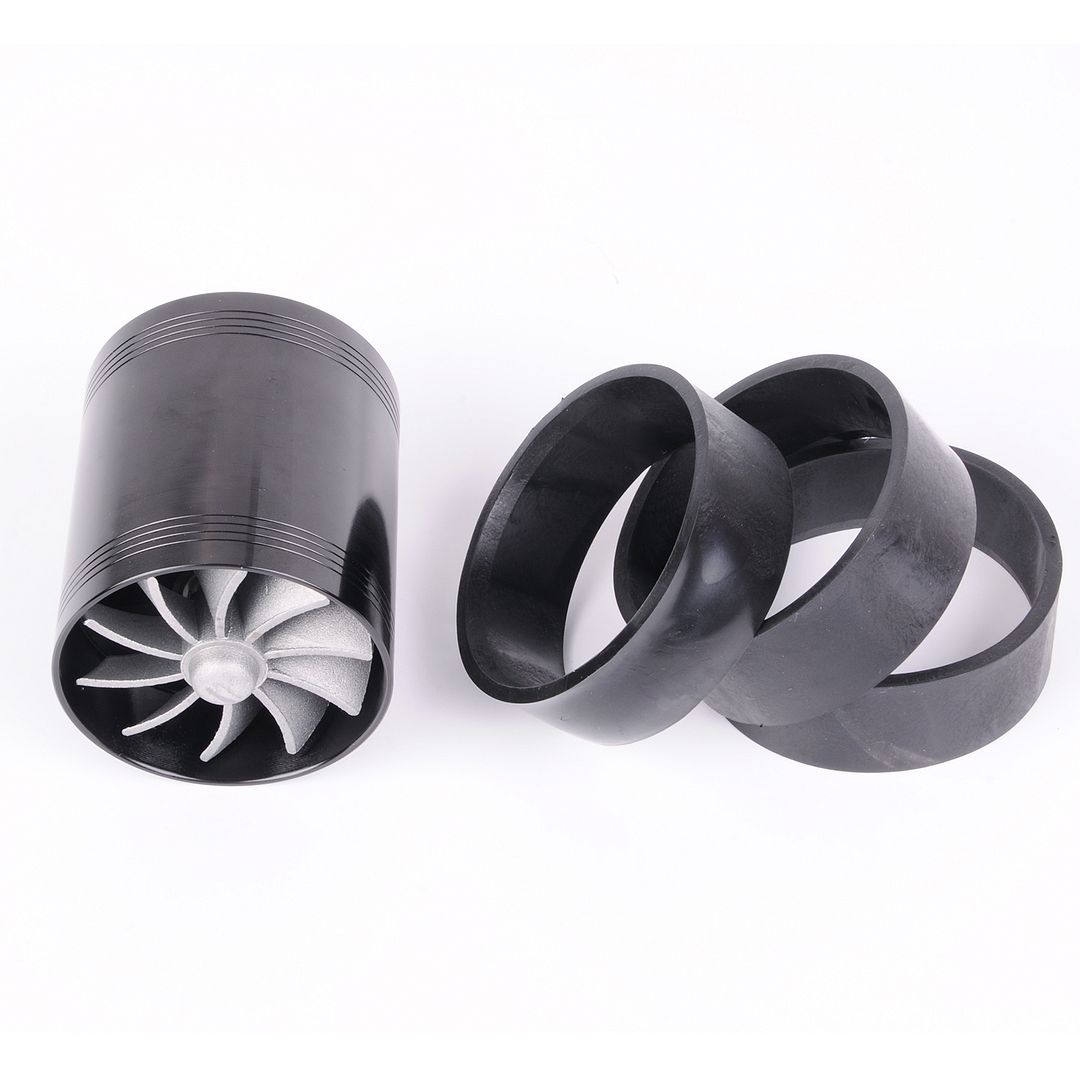
Suppose, for example, a family member passes away, but because of problems with their will, it takes some time before you and other heirs can take property from the estate. The same concept applies to a decedent's estate that isn't immediately distributed to heirs at the time of death. This is why the trustee must prepare a tax return for the trust on Form 1041. Since interest is taxable, the trust must pay the income tax on it each year. But this doesn't mean that it can earn income tax free.įor example, suppose you transfer cash to the trust, which holds the funds in an interest bearing savings account.

At that point, it's the trust that owns the property, not you.

When you create a trust, it's likely that you will be transferring personal assets to it such as real estate and investments. However, filing a tax return for either of these entities requires you to prepare Form 1041, which many refer to as a fiduciary income tax return. Just like your obligation to pay income taxes and file a return, trusts and estates must do so as well.

Hello, I'm Scott from TurboTax with some important information about fiduciary income tax returns.


 0 kommentar(er)
0 kommentar(er)
